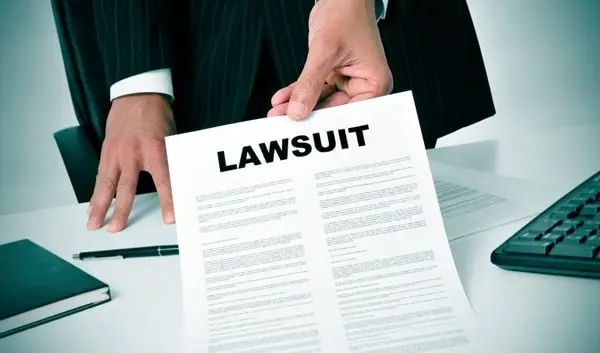The beauty brand DevaCurl has become synonymous with curly hair care, celebrated for its sulfate-free and moisturizing products. However, recent legal troubles have marred its reputation, as numerous consumers allege that the products have caused significant hair loss and scalp irritation. This article explores the background of the DevaCurl lawsuit, the claims made by consumers, and the implications of the ongoing litigation.
Background of the DevaCurl Lawsuit
The controversy began to gain traction in 2020 when several class action lawsuits were filed against Deva Concepts, the parent company of DevaCurl. Consumers in New York, California, and Florida claimed that specific DevaCurl products were linked to a range of adverse effects, including hair thinning, excessive shedding, balding, and scalp irritation.
A pivotal moment in this saga was marked by hairstylist Stephanie Mero, who, after years of using and promoting DevaCurl products, experienced severe hair damage. Mero’s findings prompted her to create a Facebook support group that grew to over 55,000 members, where users shared similar experiences of hair loss and scalp issues. The allegations suggest that while DevaCurl marketed its products as gentle and suitable for curly hair, they contained harsh chemicals that could cause significant damage.
The Class Action Settlement
In July 2024, a $5.2 million settlement was proposed to resolve the ongoing class action lawsuits. The settlement aims to compensate affected consumers with rebates and possible cash awards, providing up to $19,000 for individuals who suffered severe damages. The proposed settlement is currently awaiting approval from a federal judge.
The settlement is noteworthy not only for its financial implications but also for its conditions. Under the agreement, Deva Concepts will also be required to change the labeling of its products, enhancing transparency about the ingredients. This development represents a critical step toward addressing consumer concerns and restoring trust in the brand.
Ingredients Under Scrutiny
Central to the lawsuits are allegations regarding the ingredients in DevaCurl products. Plaintiffs argue that certain components, which the company failed to disclose adequately, are linked to the reported hair loss and scalp issues. Ingredients like propylene glycol and cocamidopropyl betaine, among others, have been flagged as potentially harmful. Critics assert that DevaCurl misrepresented its products as safe and effective while hiding the risks associated with their use.
Consumer Response and Community Impact
The impact of the DevaCurl lawsuit extends beyond the courtroom. The online community of curly-haired individuals, previously enthusiastic about the brand, has become increasingly vocal about their dissatisfaction. Social media platforms have seen a surge in discussions about hair care, with many former users sharing their devastating experiences.
The case has prompted a broader conversation about product safety in the beauty industry, especially concerning products marketed to specific demographics, such as those with curly or textured hair. Influencers and consumers alike are now advocating for stricter regulations and greater accountability from cosmetic companies regarding ingredient safety.
Implications of the Lawsuit
As the DevaCurl lawsuits progress, the outcome could have significant implications for the beauty industry. If the court approves the settlement, it may set a precedent for how companies disclose ingredients and communicate potential risks to consumers. Moreover, this case underscores the importance of consumer advocacy in the realm of personal care products, particularly as consumers increasingly seek transparency and accountability from brands they trust.
Conclusion
The DevaCurl lawsuit serves as a critical reminder of the complexities surrounding product safety in the beauty industry. With a proposed $5.2 million settlement on the horizon, affected consumers are poised to receive compensation for their claims, while the brand faces a daunting challenge in rebuilding its reputation. As the case unfolds, it highlights the need for vigilance and advocacy in consumer rights, ultimately shaping the future of hair care products..


